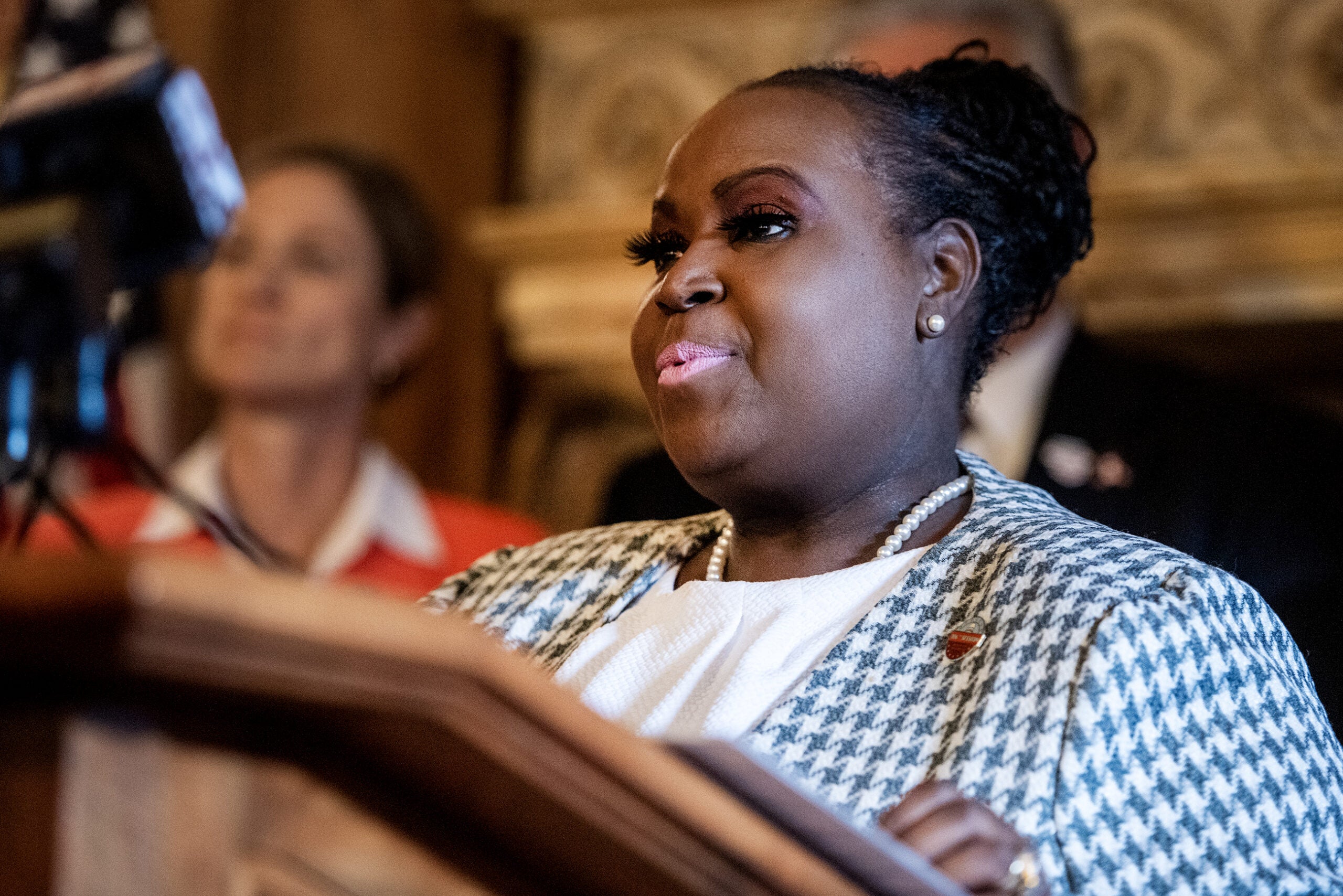New research on how the legal system affects the family members of murder victims could change how crime victim advocates work with clients.
Professor Marilyn Armour of the University of Texas at Austin interviewed the families of murder victims in Texas and Minnesota, and found that neither the death penalty nor life without parole bring closure. Patti Drew, whose father was murdered in St. Paul, MN in 1997, said at a conference at the Marquette University Law School that for her, forgiveness was more important than retribution.
“Forgiveness was about me not letting the perpetrator mess up the rest of my life. It wasn’t about forgetting. He did what he did; he did something terribly evil. But I had a life and I had to get on with it. It was going to be impacted, but in ways that I chose.”
News with a little more humanity
WPR’s “Wisconsin Today” newsletter keeps you connected to the state you love without feeling overwhelmed. No paywall. No agenda. No corporate filter.
But the adversarial nature of the legal system sometime stands in the way of survivors’ efforts to regain control of their lives. Milwaukee criminal defense attorney Ed Borda says the new research points to a need for more communication between the prosecutors, the survivors and the defense attorneys representing the murderer.
“Unless you have the prosecutor’s office actually doing any type of outreach with the defense, the system is not going to change, and you’re still going to have the adversarial view of the system-‘It’s us against them.’”
Others at the conference suggested that victim advocacy offices be moved out of prosecutor’s office and established as neutral agencies, that would not be seen as for or against the perpetrator but focused only on helping victims rebuild their lives.
Wisconsin Public Radio, © Copyright 2025, Board of Regents of the University of Wisconsin System and Wisconsin Educational Communications Board.






